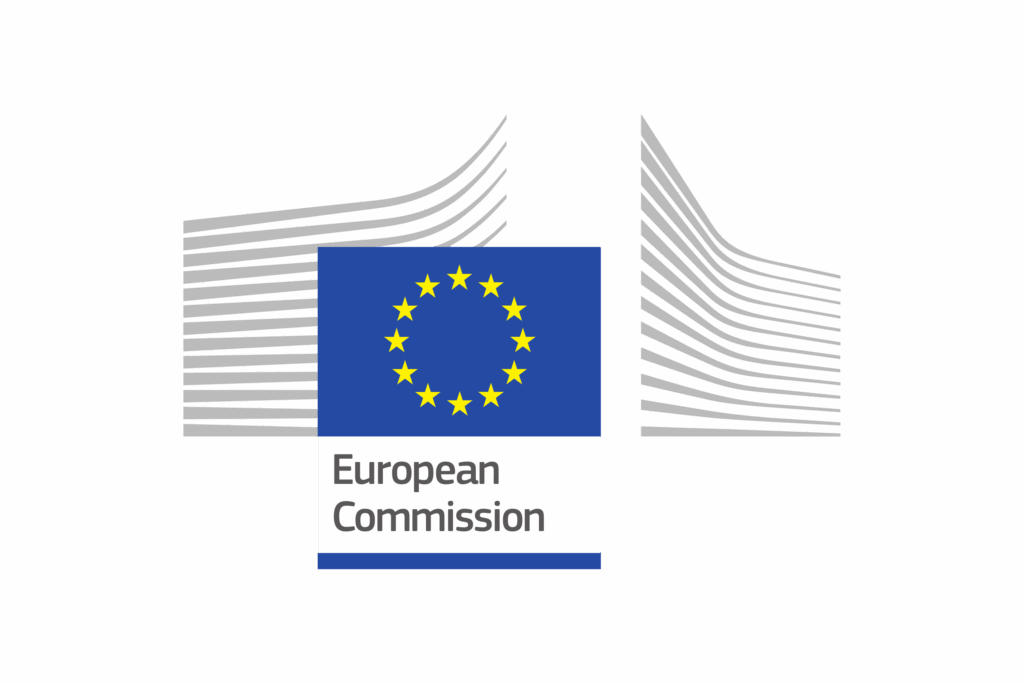DSO Entity submits its response to the EC’s Consultation on the European Grids Package
On 10 July 2025, DSO Entity responded to the EC’s public consultation on the upcoming Grids Package expected in Q4 2025. DSO Entity’s response highlights the need for a greater focus on DSOs through a balanced approach between EU and national measures, considering the diversity and local nature of DSOs. The summary below provides a short summary of the key aspects stressed in DSO Entity’s response.
Assessment of past achievements and future challenges of the EU legal framework:
While the European energy market integration, including the development of “one of the most extensive and resilient electricity networks in the world” (COM 2023/767), can be widely acknowledged as a success story, more integration will be needed in the future as well as a shift in perspective towards a more decentralised, digitalized and renewable energy system. Given the changes in the energy system and the increasing role of DSOs, the current legal framework is not yet fully adapted to the new circumstances, overlooking the decentralized level, which is key in empowering consumers. By integrating more than 70% RES DSOs play a crucial part in providing affordable and reliable electricity to the EU’s households and industries.
Greater focus on decentralised level and system-of-systems approach:
While grids in general and DSOs in particular had often been overlooked in the European legislative framework in the past, recent developments in the Electricity Market Design reform (EMD) and the Grid Action Plan (GAP) have positively put grids and their role in the spotlight. However, the European framework remains focused on a predominantly cross-border view with little inclusion of distribution grids, which can be seen in the relatively low support for DSOs in European funding opportunities, for instance.
Right level of support and mix of measures for DSOs at the EU and national levels:
Nevertheless, this does not mean that all solutions can and should be tackled within the EU framework, since despite their relevance for the EU energy objectives, DSOs remain local and diverse actors (no one-size-fits-all). Differences in grid topology, regulatory environments, market structures, and customer profiles mean that DSOs face unique challenges and opportunities depending on their national and regional contexts. While DSOs and DSO Entity are committed to the European project and strive for alignments on different levels, the current approach looking for simplification should also apply to DSOs while accommodating this diversity.
Therefore, it will be important to:
- Ensure the implementation of existing EU legislation and strengthen EU guidance to support Member States in tailoring solutions to local realities, and
- Improve coordination and alignment between the different levels to foster cooperation and knowledge sharing. DSO Entity will be a key-actor in actively supporting and facilitating such exchanges.
Concrete examples for measures at different levels:
Below are some examples of measures describing where direct or indirect EU support will be needed and identifying which areas cooperation should be strengthened.
Direct EU support:
- Clearer EU-guidance for NRAs to guarantee the right investment climate for grids at the national level.
- Better funding and financing support at EU level (MFF, CEF-E,).
- EU leadership and support on strategic topics with geopolitical relevance (e.g., supply chains, procurement, staffing, and skills).
- Ensuring the timely adoption of secondary acts on technical rules (e.g., NC RfG, NC DC).
Indirect EU-support:
- Ensuring and supporting the implementation of existing European rules (e.g. forward-looking regulatory frameworks, anticipatory investment, and permitting).
- Providing guidance in cooperation with DSO Entity on national topics (e.g. Distribution Network Development Plans, public engagement).
- Facilitating a system-of-systems approach treating DSOs/TSOs on an equal footing in EU-legislation.
The grid package will be a good opportunity to tackle some of these needs and challenges in the form of legislative and non-legislative propoals.
Read the full response here.
The accompanying document is available here.


